
Israel-Hamas war: Children undergoing surgeries without anaesthesia in Gaza

Tel Aviv [Israel], November 7 (ANI): Amid Israel’s retaliation against the Hamas’ surprise attack on October 7, hospitals in the Gaza Strip are nearing collapse without electricity and basic supplies and doctors have to decide on which patients get ventilators, who gets any medical treatment at all or who gets resuscitated, The New York Times reported.
It reported on Monday that small children in hospitals are undergoing amputations or brain surgeries without anaesthesia or clean water to wash their wounds.
Some veterans of wartime medicine in Gaza said that the conditions inside the overcrowded and impoverished territory are the worst they have ever seen, as entire apartment blocks, schools and hospitals crumble.
“Our teams are physically and psychologically exhausted,” said Basem al Najjar, the deputy of the head of Al-Aqsa Hospital in the city of Deir al-Balah in central Gaza.
“Some doctors remain a whole week in the hospital. Some of their families are brought to the hospital killed or injured. And some doctors go home and are killed there,” and then the bodies are brought back to the hospital, he said. He added that three of the hospital’s staff members had died at home, under Israeli military bombardment.
It reported that an Israeli siege of the territory imposed after the October 7 attack has also created crippling shortages of fuel, food, water medicine and other basic goods. Much of Gaza is without electricity after Israel cut off the supply and the main power plant ran out of fuel nearly four weeks ago. Israel is holding up fuel deliveries and sharply limiting humanitarian aid entering the territory.
The New York Times reported that the doctors said they are struggling to keep their patients alive with the few medical supplies they have. Damage from airstrikes and severe fuel shortages has shut down nearly half of Gaza’s hospitals entirely, while the ones with their doors still open are providing minimal care, at best, doctors say.
A lack of fresh water supplies and iodine has left wounds filthy, with maggots nibbling at patients’ charred and torn flesh, according to interviews with doctors at four hospitals across Gaza. Without adequate water, doctors and nurses are unable to provide sufficient sanitation for their patients, to wash wounds or hospital bedsheets.
In some hospitals, patients arriving in cardiac arrest are not resuscitated because medical staff choose to work on patients with a greater chance of survival instead. Few of the critically wounded get a hospital bed. Fewer still get a ventilator or anaesthesia when operated on, including for brain surgeries, the doctors said. Anaesthesia has been in short supply for about two weeks, doctors say.
On top of all those challenges, the hospitals have become temporary orphanages, too, according to medical workers.
In some cases, children have arrived at hospitals after their entire families were killed in the war or watched as their parents died on hospital gurneys or tile floors. The medical staff has cared for some of the children until a relative can come to take them.
Najjar said that each day in his hospital starts with a fight to preserve dwindling fuel supplies. That struggle is shared by the 19 other hospitals that are still functioning, to varying degrees, in Gaza, The New York Times reported.
Meanwhile, an Israeli tank fired on a terror squad in Lebanon that was trying to fire an anti-tank missile into Israel.
The incident took place near Moshav Shtula.
The Israel Defence Forces also said they struck a Hezbollah position in order to remove an unspecified threat. (ANI)
Disclaimer
The opinions expressed in this article are the author’s own and do not reflect the views of Chanakya Forum. All information provided in this article including timeliness, completeness, accuracy, suitability or validity of information referenced therein, is the sole responsibility of the author. www.chanakyaforum.com does not assume any responsibility for the same.
Chanakya Forum is now on . Click here to join our channel (@ChanakyaForum) and stay updated with the latest headlines and articles.
Important
We work round the clock to bring you the finest articles and updates from around the world. There is a team that works tirelessly to ensure that you have a seamless reading experience. But all this costs money. Please support us so that we keep doing what we do best. Happy Reading
Support Us





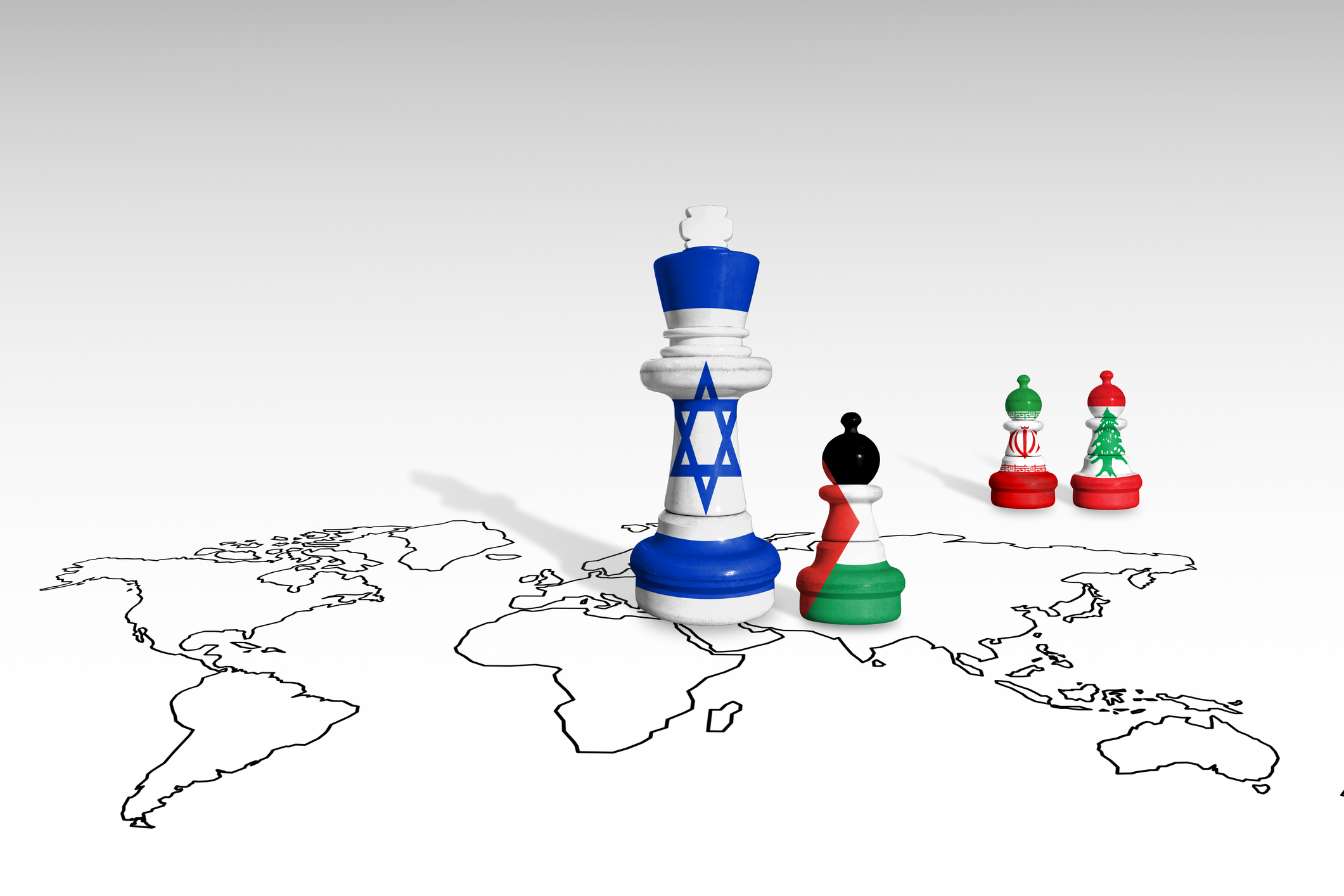

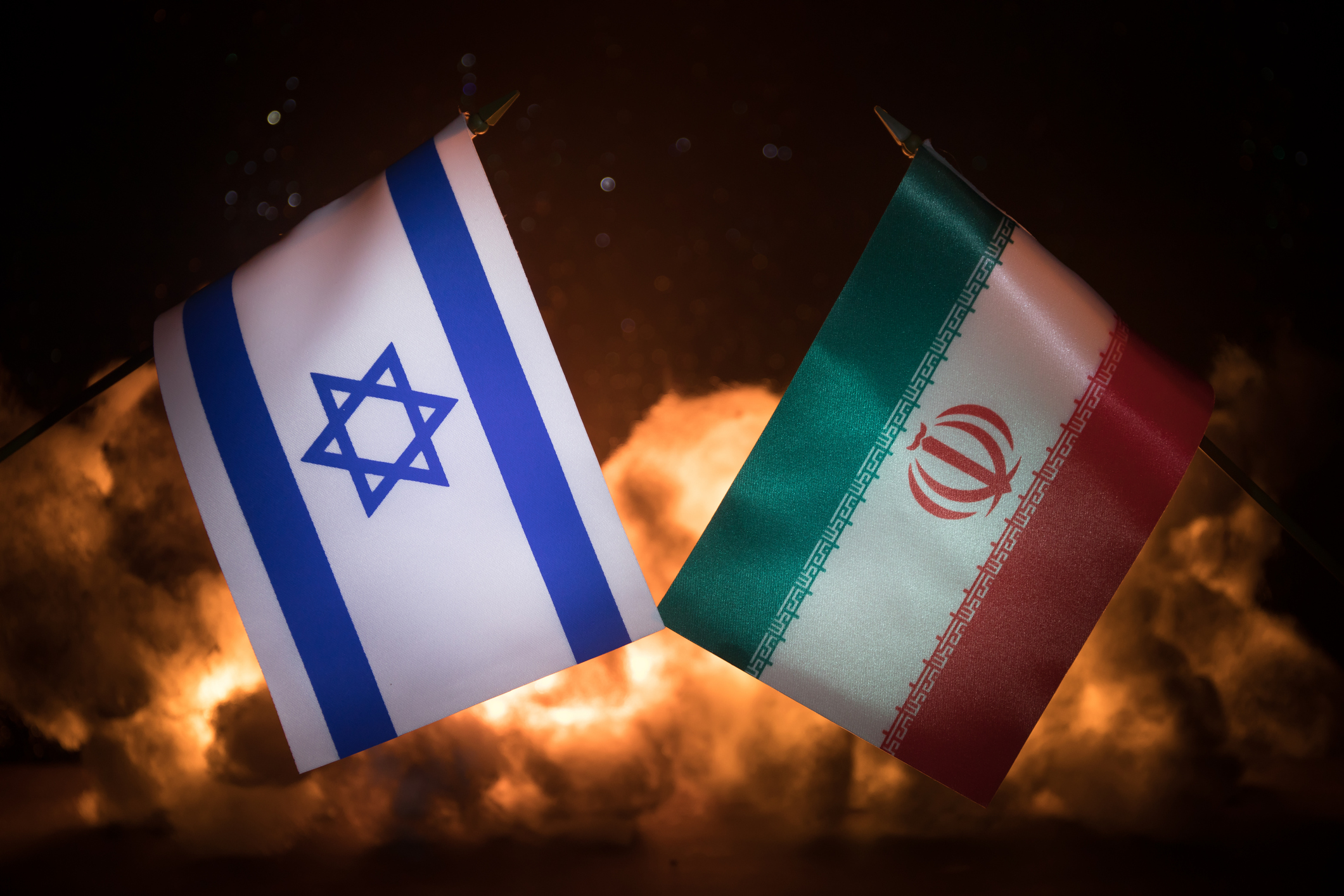

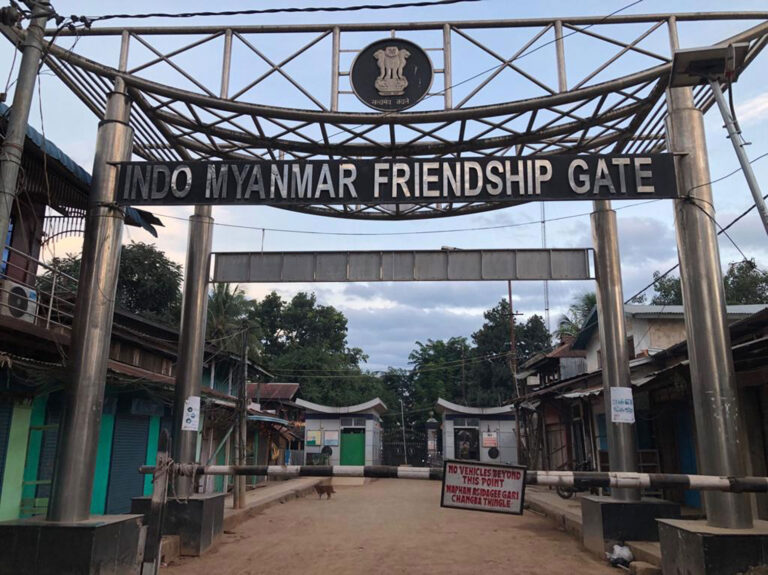
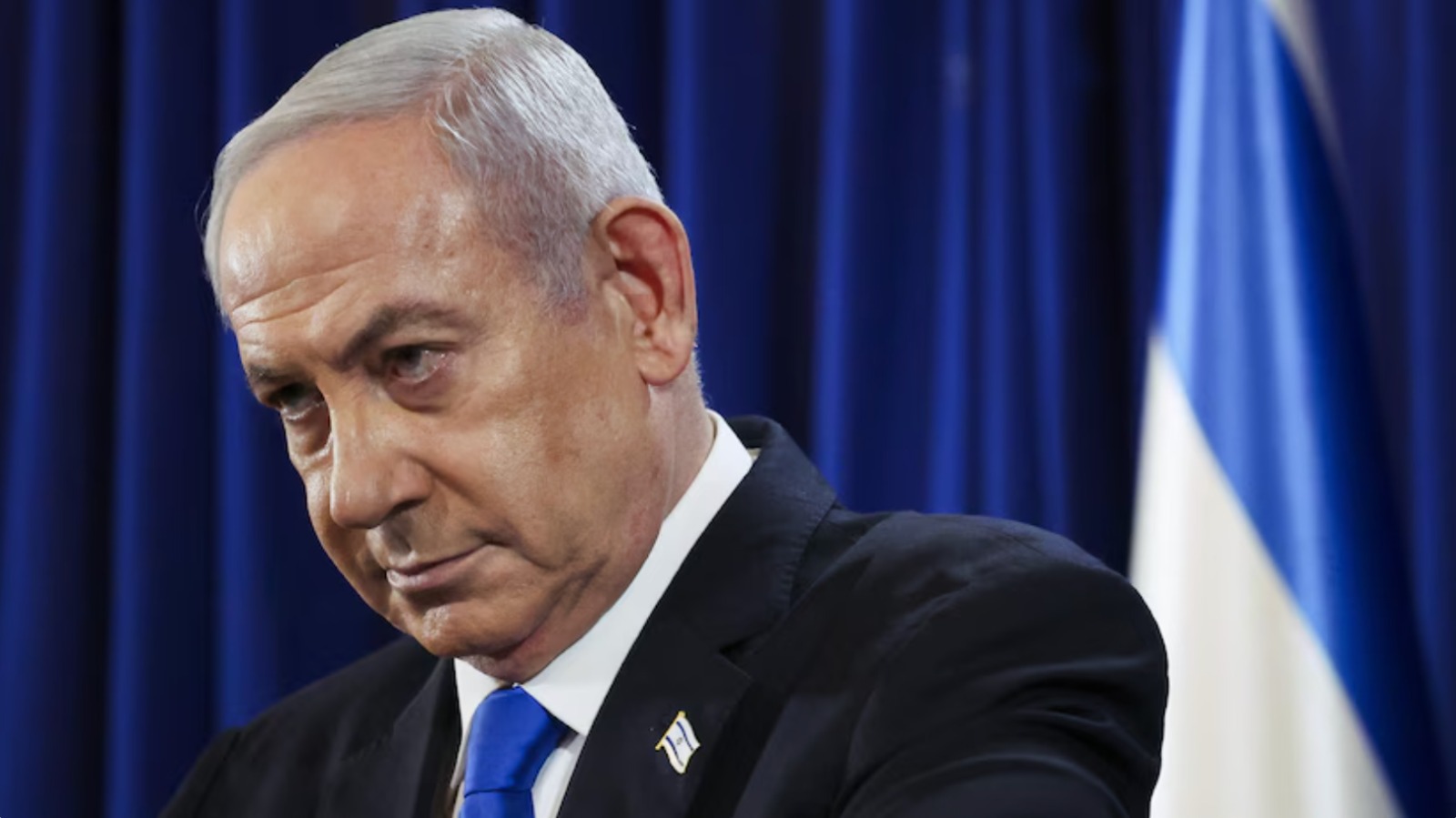

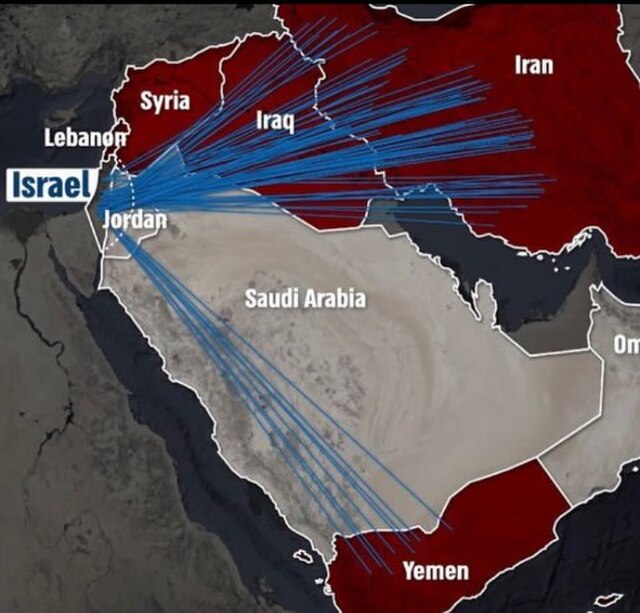







POST COMMENTS (0)